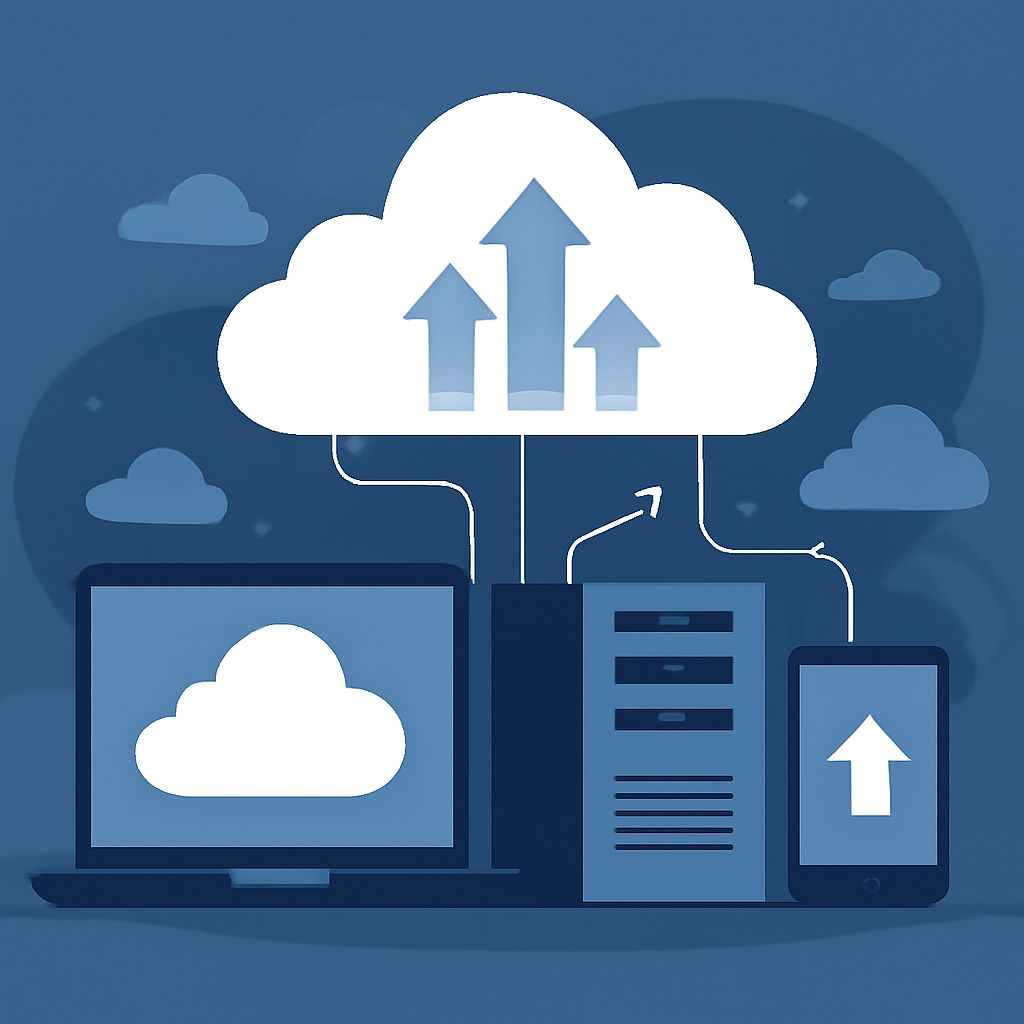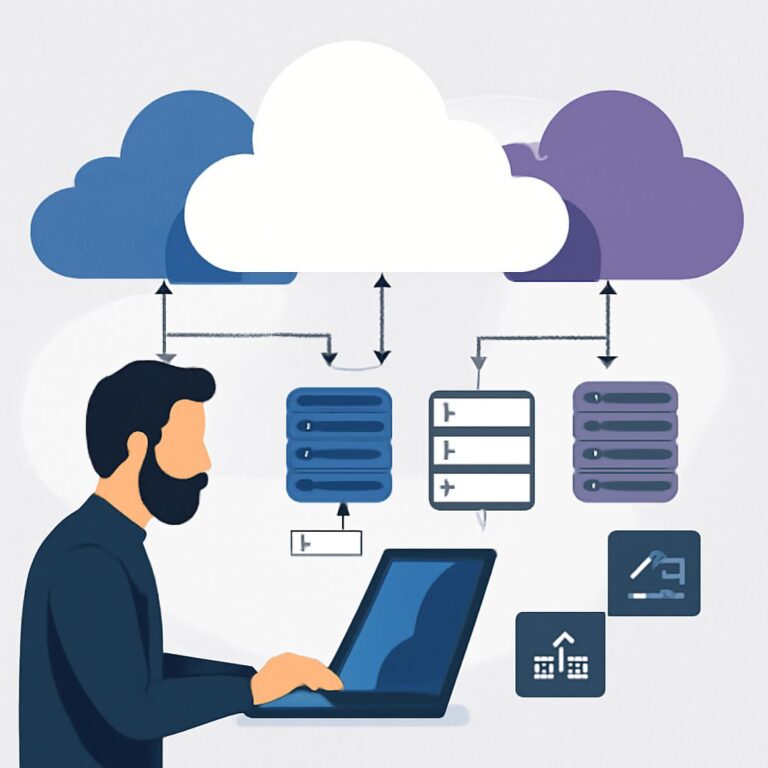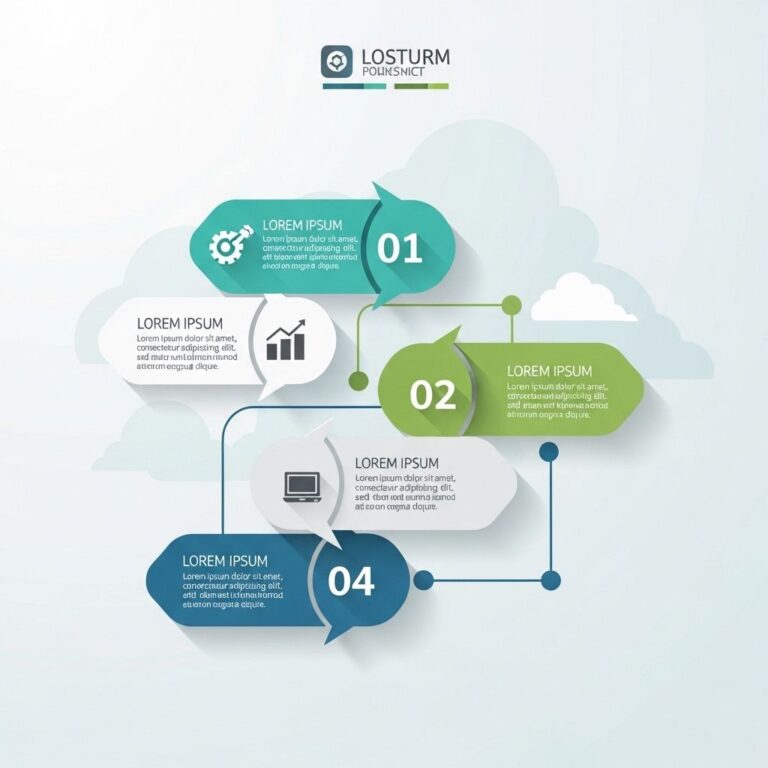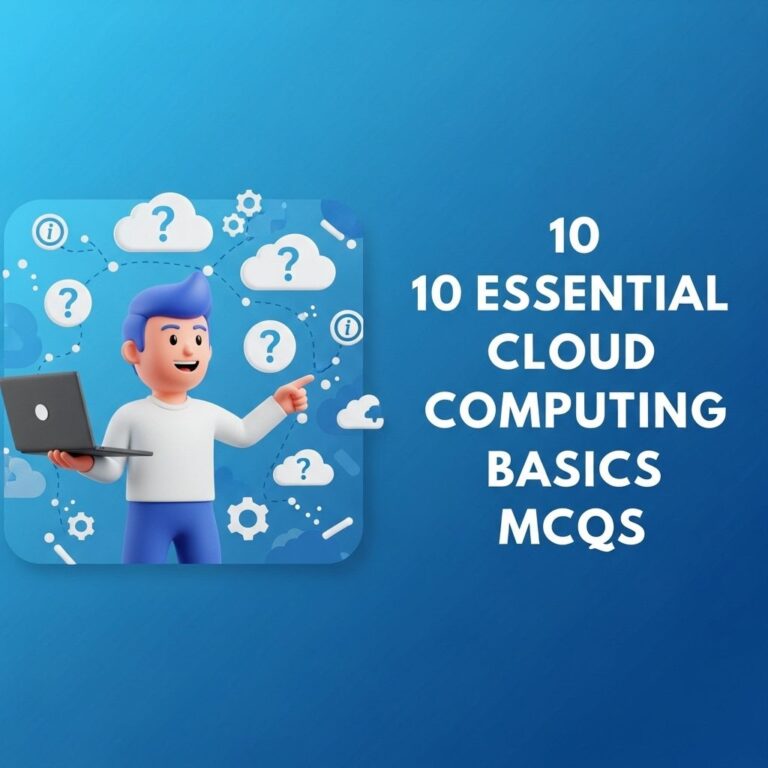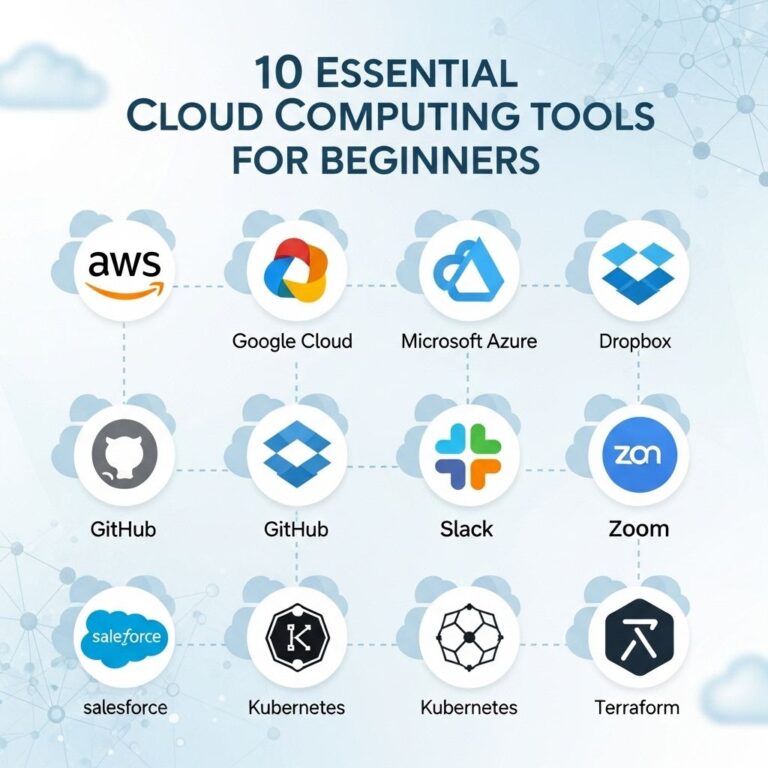Table of Contents
Top Scalable Cloud Solutions for 2025
The landscape of cloud computing is continuously evolving, shaped by advances in technology and the growing needs of businesses. As we approach 2025, companies are increasingly looking for scalable cloud solutions that can accommodate their growth, enhance productivity, and ensure data security. This article will explore some of the top scalable cloud solutions predicted to dominate in 2025, examining their features, advantages, and unique offerings.
1. Amazon Web Services (AWS)
AWS continues to lead the cloud market with a comprehensive range of services designed for scalability and flexibility.
Key Features:
- Elastic Compute Cloud (EC2): Provides scalable computing capacity in the cloud.
- AWS Lambda: Allows users to run code without provisioning or managing servers.
- S3 (Simple Storage Service): Scalable storage in the cloud for data and backups.
Advantages:
- Pay-as-you-go pricing model helps manage costs effectively.
- Global infrastructure ensures low latency and high availability.
- A wide range of tools and services to meet varying business needs.
2. Microsoft Azure
Microsoft Azure has rapidly grown to become a formidable player in the cloud computing space, offering an array of services tailored for enterprise needs.
Key Features:
- Azure Kubernetes Service (AKS): Provides an easy way to manage and deploy containerized applications.
- Azure Functions: Serverless computing service to run event-driven applications.
- Azure Blob Storage: Massively scalable object storage for unstructured data.
Advantages:
- Strong integration with Microsoft products for seamless transitions.
- Robust hybrid cloud capabilities allow for flexibility.
- Comprehensive security features to protect sensitive data.
3. Google Cloud Platform (GCP)
GCP is well-regarded for its advanced analytics and machine learning capabilities, making it a popular choice for organizations aiming for innovation.
Key Features:
- BigQuery: Serverless data warehousing solution that offers fast SQL queries.
- Google Kubernetes Engine (GKE): Managed Kubernetes service for deploying and managing containerized applications.
- Cloud Storage: Unified object storage with high availability and redundancy.
Advantages:
- Strong focus on data analytics and machine learning applications.
- Pay-as-you-go pricing with committed-use discounts.
- Vast global network infrastructure ensures performance and reliability.
4. IBM Cloud
IBM Cloud is tailored for enterprise-level solutions, particularly in sectors requiring strong compliance and security standards.
Key Features:
- IBM Cloud Kubernetes Service: Managed Kubernetes platform for scalable application development.
- IBM Cloud Functions: Event-driven serverless computing for rapid development.
- IBM Watson: AI and machine learning capabilities for data analysis.
Advantages:
- Strong focus on hybrid cloud solutions for enterprises.
- Comprehensive security and compliance features.
- Expertise in AI and analytics through IBM Watson.
5. Oracle Cloud Infrastructure (OCI)
Oracle Cloud Infrastructure focuses on providing high-performance cloud solutions for databases and enterprise applications.
Key Features:
- Autonomous Database: Self-managing and self-securing database service.
- Oracle Cloud Infrastructure Compute: Dedicated compute resources for enterprise workloads.
- Oracle Cloud Storage: Scalable and secure storage solutions.
Advantages:
- Optimized for running Oracle applications with high efficiency.
- Highly competitive pricing models for large enterprises.
- Robust security features ensure data integrity and compliance.
6. DigitalOcean
DigitalOcean is popular among startups and small-to-medium-sized enterprises (SMEs) for its simplicity and cost-effectiveness.
Key Features:
- Droplets: Scalable virtual machines that can be deployed in seconds.
- Kubernetes: Managed Kubernetes service for easy deployment of containerized applications.
- Spaces: Object storage service for storing and serving large amounts of data.
Advantages:
- User-friendly interface that simplifies cloud management.
- Transparent pricing with no hidden fees.
- Highly supportive community and resources for developers.
7. Alibaba Cloud
As a leading cloud service provider in Asia, Alibaba Cloud is gaining traction globally with its scalable services tailored for various industries.
Key Features:
- Elastic Compute Service (ECS): Scalable cloud computing service to handle spikes in demand.
- ApsaraDB: Managed database service for various database types.
- Object Storage Service (OSS): Secure and scalable storage solution for massive amounts of data.
Advantages:
- Strong support for e-commerce and retail solutions.
- Competitive pricing model attractive to enterprises.
- Robust analytics and big data capabilities.
Comparative Overview of Cloud Solutions
| Provider | Key Features | Target Audience | Advantages |
|---|---|---|---|
| AWS | EC2, S3, Lambda | All sizes | Comprehensive services |
| Microsoft Azure | AKS, Azure Functions | Enterprises | Strong integration |
| Google Cloud | BigQuery, GKE | Innovative companies | Data analytics focus |
| IBM Cloud | Kubernetes, Watson | Enterprises in regulated sectors | Strong security |
| Oracle Cloud | Autonomous Database | Large enterprises | High efficiency |
| DigitalOcean | Droplets, Kubernetes | Startups & SMEs | User-friendly |
| Alibaba Cloud | ECS, OSS | Global enterprises | Strong analytics |
Conclusion
As businesses prepare for the future, leveraging scalable cloud solutions will be essential in meeting the challenges of 2025 and beyond. With major providers like AWS, Microsoft Azure, Google Cloud, and others continuously innovating their offerings, companies can choose solutions that best fit their specific needs and growth trajectories. The cloud landscape is vast, and understanding the unique features and advantages of these top solutions will empower organizations to make informed decisions, ensuring they remain competitive in an increasingly digital world.
FAQ
What are the best scalable cloud solutions for businesses in 2025?
The best scalable cloud solutions for 2025 include platforms like Amazon Web Services (AWS), Microsoft Azure, Google Cloud Platform, and IBM Cloud, which offer robust scalability features to accommodate growing business needs.
How do I choose a scalable cloud solution for my organization?
Choosing a scalable cloud solution involves assessing your business requirements, evaluating the pricing models, checking integration capabilities, and ensuring that the provider offers reliable customer support.
What are the benefits of using scalable cloud solutions?
The benefits of using scalable cloud solutions include flexibility to adapt to changing workloads, cost efficiency through pay-as-you-go pricing, enhanced performance, and the ability to support business growth without extensive hardware investments.
Can scalable cloud solutions help with data security?
Yes, scalable cloud solutions often come with advanced security features such as encryption, access controls, and compliance certifications, helping businesses protect their data as they scale.
What industries can benefit from scalable cloud solutions?
Nearly every industry can benefit from scalable cloud solutions, including e-commerce, healthcare, finance, and education, as they require flexible resources to handle varying workloads and data demands.
Are there any drawbacks to using scalable cloud solutions?
While scalable cloud solutions offer many advantages, potential drawbacks may include dependency on internet connectivity, the complexity of managing multi-cloud environments, and concerns about data privacy.

